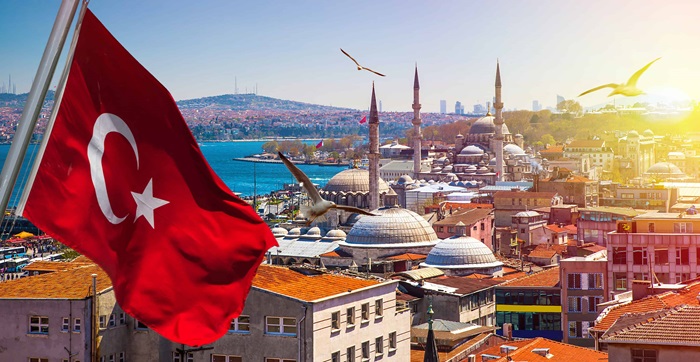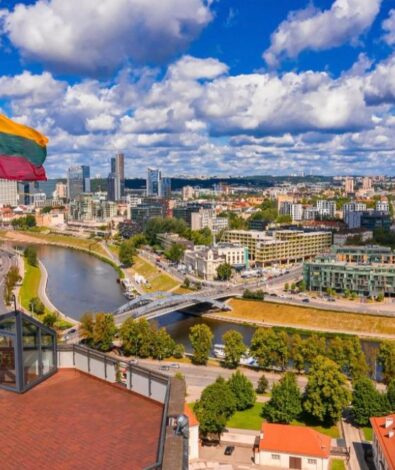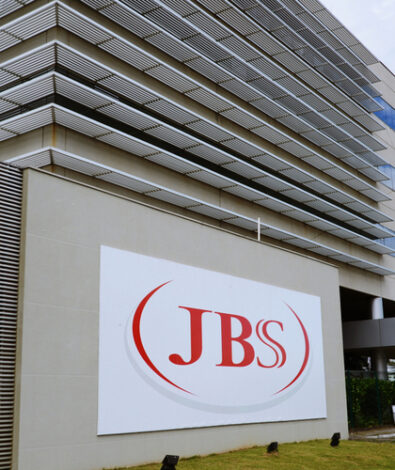Turkey introduces new regulations to attract skilled foreign workers

Turkey has implemented new regulations to tackle labour shortages.
This new direction would make it easier for skilled foreign workers to come to the country.
Latest reports from TravelBiz disclose that ‘the government announced temporary work permit exemptions that can last up to three years for select categories of professionals, a move intended to bolster Turkey’s economy by encouraging foreign talent across various sectors.
These new regulations were published in the Official Gazette of Turkey and are part of a broader strategy to attract global expertise and stimulate economic growth.
Work permit exemptions for various categories
The new regulations provide several categories of foreign workers with exemptions from traditional work permits. This allows specific individuals to work legally in Turkey without navigating the standard application process.
Eligible groups:
- Refugees and individuals under temporary protection can now work without a permit for designated durations, allowing them to contribute effectively to the economy.
- Skilled foreign professionals in sectors like culture and technology are eligible for exemptions lasting up to three years. This extension from the previous six-month limit offers greater stability for these workers.
The Turkish Interior Ministry will manage the Foreign Application, Evaluation, and Monitoring System to assess the duration of these exemptions.
Special privileges for journalists and athletes
The updated regulations also grant special privileges to foreign journalists and professional athletes. Journalists with permanent press cards approved by Turkey’s Presidential Directorate of Communications will no longer require work permits for the duration of their stay.
Likewise, professional athletes, coaches, and staff with valid contracts from Turkish sports clubs will benefit from this exemption, simplifying their employment process.
Simplified application process
The application process for work permit exemptions has been streamlined. Previously, foreign nationals were required to apply within 30 days of arrival.
Reports inform that under the new rules, skilled workers can now apply for their work permit exemptions whenever they choose during their time in the country, rather than within a limited period after arrival.
This new flexibility means they do not have to constantly renew their permits as often, allowing them to concentrate on their work and responsibilities without being distracted by administrative tasks or paperwork.
Launch of the Tech Visa program
In addition to the work permit exemptions, reports inform that Turkey has introduced a Tech Visa Program to attract tech professionals and entrepreneurs. This program offers a three-year work permit through an expedited process, aimed at simplifying entry for tech talent.
This means that tech workers can enter Turkey more easily and quickly, encouraging them to bring their skills and expertise to the country.
Details also provide that the government aims to foster 100,000 tech-driven start-ups by 2030, with a goal of seeing at least 100 of them reach a valuation of over $1 billion. In support of this vision, Turkey is developing Terminal Istanbul, which is projected to become one of the largest technoparks globally.
Economic considerations for foreign workers
As Turkey aims to attract skilled professionals, prospective workers are advised to evaluate the local cost of living. TravelBiz supplies that, a family of four has monthly expenses (excluding rent) of about ₹183,210, while a single person’s expenses average approximately ₹50,616.
- Rent in Turkey is reported to be 139.4% higher than in India, and overall living costs are approximately 76% higher.
- With the minimum wage in Turkey set at about ₹41,891 per month, reports warn that it is essential for skilled workers to weigh the financial implications of relocating to Turkey against the benefits of employment opportunities.
- Turkey’s new regulations and initiatives reflect a strategic approach to attract foreign talent and enhance its economic landscape. However, potential workers must remain aware of the financial realities that accompany this move.



